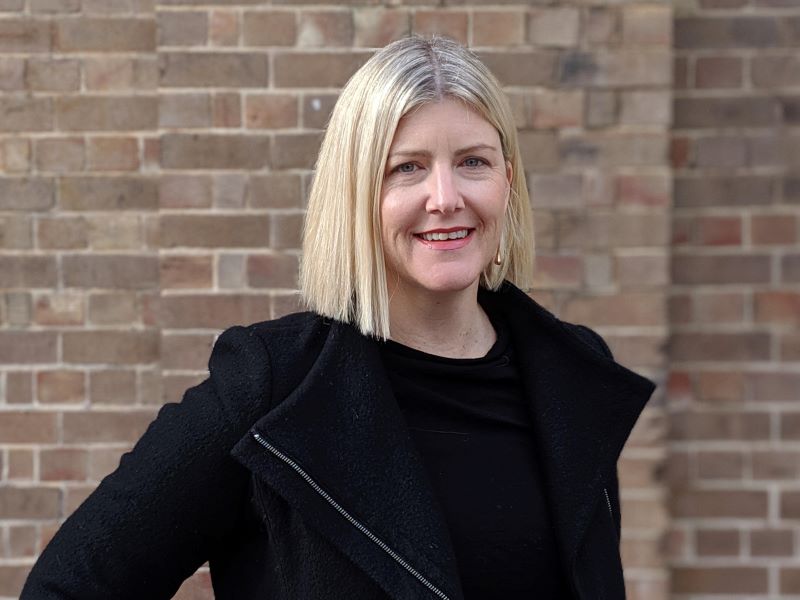New South Wales Health’s Medical Device Commercialisation Training Program is being expanded beyond its namesake, with Sydney deep tech incubator Cicada Innovations to deliver a new version of the program over the next four years.
The state funded Medical Device Commercialisation Training Program began in 2014 and has always been delivered by Cicada Innovations, the inner-Sydney incubator owned by four universities – UTS, UNSW, ANU and the University of Sydney.
On Tuesday, Cicada Innovations announced it had won an open tender to become the delivery partner for an expanded version of the program, known as the NSW Health Commercialisation Training Program (CTP).
NSW Health confirmed it will pay Cicada Innovations $3 million over four years to deliver the program, including four training streams and several one-day workshops.

The CTP will offer yearly courses with free online and in-person training to help researchers and entrepreneurs in the MedTech and BioTech commercialise their work and access funding.
NSW Ministry of Health Office for Health and Medical Research director of enterprise and international engagement Anne O’Neill said the key deliverables of the contract awarded to Cicada Innovations are the delivery of four training streams:
- medical device commercialisation
- diagnostics commercialisation
- software as a medical device
- therapeutics commercialisation
“The Program will also include one day workshops in intellectual property, regulatory processes, clinical trials and healthcare systems navigation,” Ms O’Neill told InnovationAus.
“These training streams are designed to contribute to the innovation ecosystem in NSW and improve research translation by addressing skill gaps and increasing capacity in the commercialisation of health-related technologies.”
The program’s expansion reflects the state’s more mature medical and biotechnology ecosystem, according to Cicada Innovations chief executive, Sally-Ann Williams.
“I think we’re going to see a broader pool of participants, but we’re also going to see greater depth of those participants,” she told InnovationAus.
The previous program focused on medical devices and produced 96 graduates over seven years, which went on to create 19 companies and raise $77 million in funding. Graduates were also supported in applying for NSW Health’s Medical Devices Fund which has existed even longer and has funded 37 technologies.
It is the type of long-term innovation policy that leads to sustainable growth and an international advantage, Ms Williams said, pointing to graduate and Cicada Innovations incubate SpeeDx a molecular diagnostic solutions company which has grown from two founders in 2009 to now employing more than 100 people and will help deliver the new CTP.
“That’s the sort of full circle of capability building,” Ms Williams said.
“It’s still early, but we’ve got it in the system now and I think there’s an opportunity to accelerate the capability more broadly and reach out into regional areas of New South Wales as well, and beyond.”
Recruitment for the new program is now underway and digital health technology company ANDHealth will join SpeedX as a delivery partner.
By the end of the program, graduates are expected to have formulated a commercialisation strategy covering “idea validation, customer identification, stakeholder engagement, and a realistic roadmap to market”. The program also touts connections with the state’s heath ecosystem.
“We’re not a university,” Ms Williams told InnovationAus.
“Our mission and our core DNA is to build businesses and to build deep tech businesses – science and engineering businesses.”
She said training programs will be tailored to participants needs, ranging from early-stage idea formulation to more mature funding strategies.
While the previous program ultimately helped produced 19 MedTech companies over seven years, Ms Williams said there is an opportunity to produce 10 times as many over the next seven years.
“That’s really ambitious, but I think the, the appetite is there and the opportunity is there,” she said.
“It’s never been a better time to actually engage people in MedTech, and MedTech in particular because the broader society is really interested in the topic right now, is actually understanding that we have capabilities in Australia and that there’s an opportunity to build even more significant capabilities. All the way through from the basic and the fundamental research through to manufacturing on site in country.”
Do you know more? Contact James Riley via Email.

